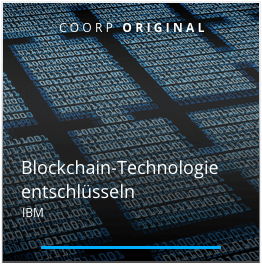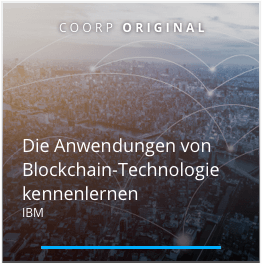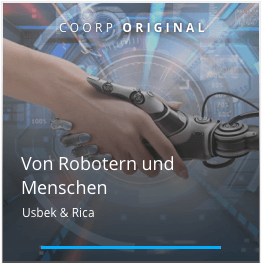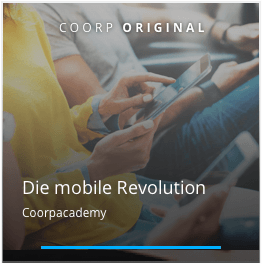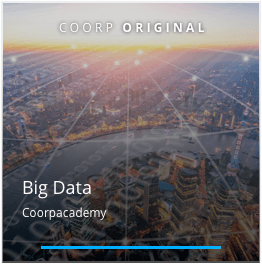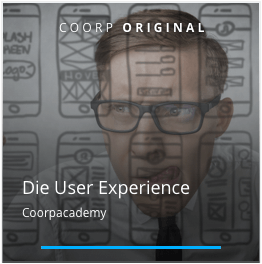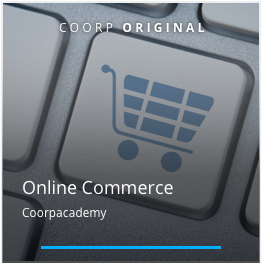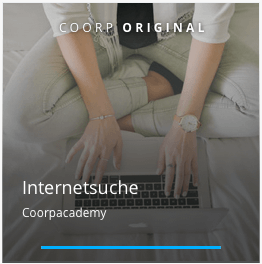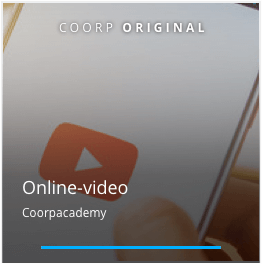This piece written by Jean-Marc Tassetto, co-founder of Coorpacademy and former Google France CEO, has been originally published on Computer Business Review. To read it in its original form, it’s here!
Coorpacademy CEO and former head of Google France Jean-Marc Tassetto on why companies serious about training need to embrace a new generation of elearning
Elearning can pretend all it likes, but its practitioners and more importantly its customers know it’s in trouble.
The current average completion rate for MOOCs, massive open online courses, averages out at a very low 15 percent, while some studies put the drop-out rates for online at about 70 percent compared with an average of 15 percent for classroom training.
That’s a lot of people not completing what you paid for, and engagement rates are perilously low, as well – our data suggests 2 to 3 percent is not uncommon for a lot of corporate training.
That turns your training budget into an expensive resource-wasting tick-boxing exercise, and also makes any attempt to convince your staff you are serious about helping reskilling them to remain competitive for a near future highly-automated fourth industrial age basically non-credible.
The reason is that we have neglected content in elearning at the expense of the way we deliver and administer it – hence the Learning Management System (LMS), which is great for the HR administrator, and less good for the learner. That’s actually critical, as no learner, no learning. As Benjamin Franklin famously said, “Tell me and I forget, show me and I remember, involve me and I learn.”
This is where traditional elearning falls down. It’s all about the telling and showing, but there is not enough involving. So do we need to jettison the LMS? No, they are a hugely useful L&D workhorse, especially in a large MNC context. But they need to be supplemented by new software tools, recently christened by Gartner as the ‘Learning Experience Platform’ (LEP).
As the analyst firm recommends, anyone who wants their team to learn the new skills they need needs to “place the learner’s experience and the solution’s usability at the top of the priority list for any new learning project. Evaluate emerging LEPs to enhance (or extend) existing LMS platforms”.
What is an LEP?
If an LMS is your training management mainstay, how does an LEP differ and more interestingly how does it secure user engagement? An LEP, according to Gartner, is an additional portal layer that expands (i.e., range of content) and enhances (i.e., personalisation) the learner’s interaction. In contrast, the LEP offers “a better learner experience through improved personalisation via adaptive learning, recommendations and individual learning paths.”
Elearning content needs to be consumer-like, intelligent and integrated into the flow of work.
After all, staff need training that informs them of business trends that are going to affect them now, or will ready them for roles they encounter in the near future, helping to build or hone skills that they may personally lack. That means eLearning needs to be directly connected to your learners’ personal goals and experiences – and even better, linked into the wider company vision to show learners how they are an integral part of the wider story.
LEPs can do this by embedding learning into the learner’s daily activities or the applications on which learners spend the most time. Once again, traditional eLearning is not up to the task here, and we need new content creation models – most likely in the form of a ‘Netflix of Learning’, elearning software that will be “consumer-like, intelligent, and integrated into the flow of work”, as Deloitte has put it.
Less show and tell: more engagement
What will that look like in practice? It looks very like what your workforce is doing in their day-to-day lives. They look for content on their phones, filling in dead time, checking out the Internet to plug any lack of understanding as soon as it is identified. To relax, they check Facebook or play a game for a minute or two.
Think of the next generation of training as very similar – mobile, always available, delivered in engaging, bite-sized bursts that only fills in gaps in your knowledge where they exist. And where appropriate, involving fun and proven engagement techniques like gamification, online competitions between learners – thus ending the isolated elearning experiences that lead to user attrition.
To shake off its current malaise and start being useful again, elearning needs to complement its existing LMS and other training support with the best of a customised LEP approach. That’s one that truly involves the learner, rather than a one-size-fits-all course that simply shows and tells her information that not only fails to engage, but fails much more critically: by not equipping her for a very complex workplace future.

